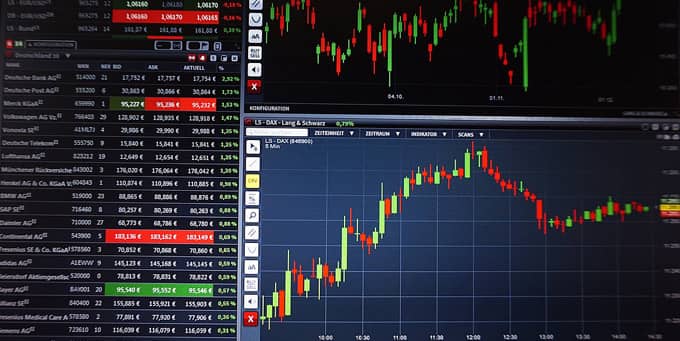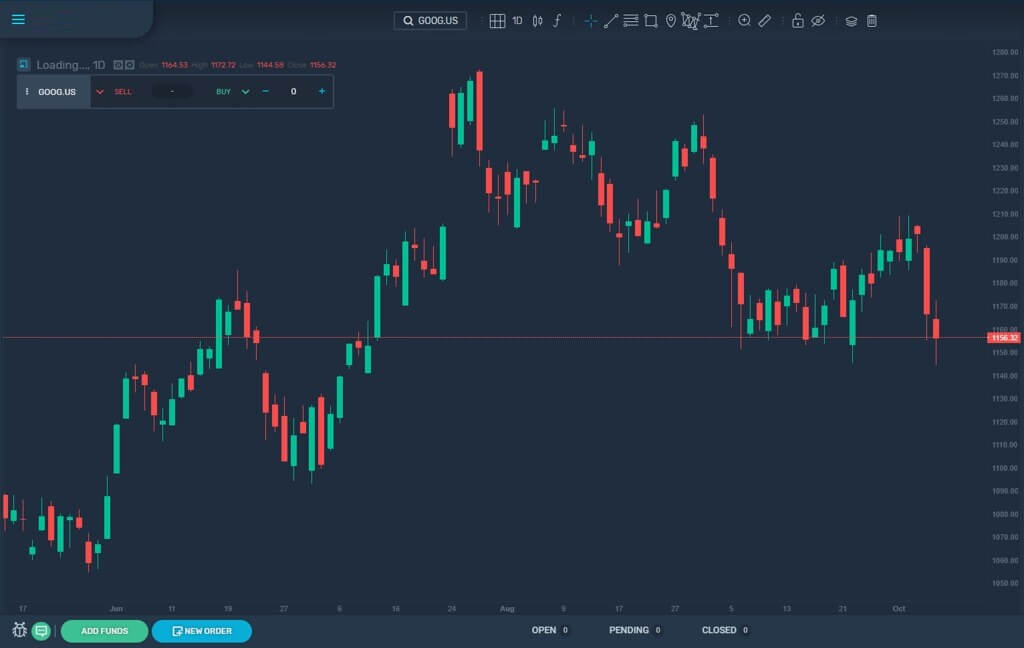What Are CFDs? A Beginner’s Guide to Contracts for Difference
What Are CFDs? A Beginner’s Guide to Contracts for Difference
Blog Article
Contract for Difference (CFD) trading has appeared as you of typically the most popular kinds of on line trading, getting a wide selection of investors. cfd how it works allow traders to speculate on the cost actions of various financial instruments without owning the underlying asset. That mobility has created CFD trading a sought-after approach for both new and experienced traders. Listed here is a comprehensive summary of the benefits of trading CFDs:
1. Access to a Diverse Range of Areas
Among the important advantages of CFD trading is the capability to accessibility many different financial markets, including stocks, commodities, indices, and forex. Traders usually takes roles in world wide areas effortlessly, allowing them to diversify their portfolios. The wide range of areas ensures that traders have significantly more possibilities to capitalize on value activities in different asset classes.

2. Variable Influence Choices
CFD trading offers flexible power, allowing traders to control a bigger position with an inferior original investment. This means that despite a lot less of money, traders may take advantage of value fluctuations in the market. But, it's crucial to note that control carries equally options and risks, so traders should put it to use reliably and understand their influence on their positions.
3. Profit from Growing and Falling Areas
Unlike standard trading, where profits are made only if advantage prices rise, CFD traders can benefit from both upward and downward price movements. This means that even in bearish market conditions, traders can open short positions and probably produce a profit. The capacity to business equally long and short positions gives traders larger flexibility within their strategies and enables them to adapt to adjusting industry conditions.
4. No Possession of Underlying Resources
CFD trading allows traders to suppose on the price movements of a tool without really possessing the asset itself. This means that traders don't need to be concerned about the logistics of owning and storing bodily commodities, such as for instance gold or oil. It simplifies the trading method and reduces the costs associated with asset ownership.
5. Low Exchange Charges
In comparison to traditional forms of trading, CFD trading generally is sold with lower purchase costs. There are typically number commissions to pay for when getting or selling CFDs, and advances tend to be narrower. That price effectiveness may be especially beneficial for effective traders who perform multiple trades throughout the day.

6. Use of Advanced Trading Methods
CFD brokers frequently provide traders with advanced tools and tools for evaluation, including real-time planning pc software, risk administration resources, and computerized trading systems. These resources can
Conclusion
CFD trading presents a few benefits for traders, including use of a wide range of markets, variable control, the capability to profit in both increasing and falling areas, and the lack of possession requirements. With decrease deal charges and the accessibility to advanced trading tools, CFD trading can be quite a powerful tool for those trying to diversify their portfolios and discover new expense opportunities. However, like any form of trading, it's required for traders to know the dangers and use these benefits reliably to maximize their prospect of success. Report this page